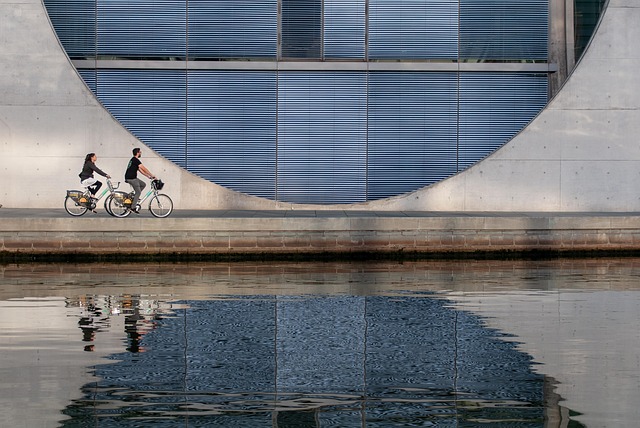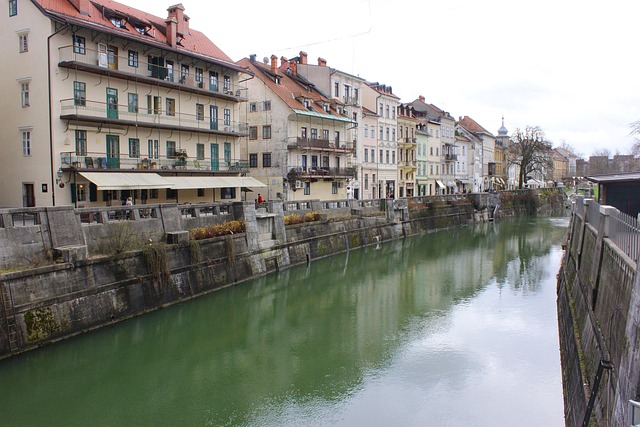Karachi's Garden West faces unique waste management challenges due to its diverse waste stream. Tailored solutions involving source separation, efficient collection systems, and innovative recycling/composting methods are crucial. Empowering residents with responsible disposal practices and collaborating with local authorities can transform Garden West into a sustainable model for effective waste management across Karachi, addressing rapid urbanization's strain on existing infrastructure. Community engagement is key to successful urban waste reduction initiatives.
In the bustling metropolis of Karachi, the efficient management of waste is essential for a sustainable future. This article explores the intricate landscape of waste management in Garden West, a vibrant area known for its diverse community and lush greenery. We delve into the challenges faced, from overflowing dump sites to limited recycling infrastructure, while highlighting innovative local efforts. Additionally, we discuss the power of community engagement as a catalyst for implementing sustainable solutions, fostering a greener and healthier Karachi.
- Understanding Waste Management in Karachi's Garden West Area
- Challenges and Innovations in Local Recycling Efforts
- Community Engagement and Sustainable Solutions for a Greener Future
Understanding Waste Management in Karachi's Garden West Area

Karachi’s Garden West area, known for its lush greenery and residential charm, faces unique challenges when it comes to waste management. Understanding the dynamics of waste generation and disposal in this vibrant community is crucial for implementing effective solutions. The region, much like other urban centers, produces a diverse range of waste, including organic matter from gardens, recycling materials, and household refuse.
The complex landscape of Karachi’s waste management requires a holistic approach tailored to Garden West’s specific needs. This involves source separation, efficient collection systems, and innovative methods for recycling and composting. By empowering residents with knowledge about responsible waste disposal and collaborating with local authorities, Garden West can strive towards becoming a greener, more sustainable neighborhood, setting an example for effective waste management practices in Karachi.
Challenges and Innovations in Local Recycling Efforts

Karachi, as a bustling metropolis, faces unique challenges in its waste management, particularly when it comes to recycling. The rapid urbanization and increasing population have led to a surge in solid waste generation, straining existing infrastructure. One of the primary hurdles is the lack of efficient collection systems, especially in remote or underserved areas of Garden West. This often results in improper disposal methods, such as open burning or illegal dumping, which not only causes environmental harm but also poses significant health risks to residents.
However, there’s a growing emphasis on innovation and sustainability. Local initiatives are introducing smart solutions like advanced recycling bins equipped with sensors for optimized collection routes, reducing labor costs and environmental impact. Furthermore, community-based programs are educating residents about the importance of segregating waste at source, promoting a circular economy. These efforts, combined with government policies encouraging recycling and waste reduction, signal a promising future for effective waste management in Karachi’s Garden West.
Community Engagement and Sustainable Solutions for a Greener Future

Community engagement plays a pivotal role in effective waste management strategies, especially in urban areas like Karachi. By involving residents, local organizations, and businesses, Garden West has fostered a collaborative environment that drives sustainable practices. This community-led approach ensures that solutions are tailored to the unique needs and challenges faced by the neighborhood, promoting a greener future for all.
Sustainable waste management involves adopting eco-friendly methods such as recycling, composting, and reducing at source. These initiatives not only minimize environmental impact but also create a circular economy where resources are reused and repurposed. Karachi, with its vibrant and diverse communities, has immense potential to become a model for sustainable living through innovative waste management practices that inspire change across the city and beyond.
The journey towards efficient waste management in Karachi’s Garden West area has been a collaborative effort, addressing challenges through innovative recycling initiatives and community engagement. By harnessing local resources and promoting sustainable practices, residents have played a pivotal role in transforming the region into a greener, more environmentally conscious hub. As these efforts continue to evolve, Karachi can serve as an example for effective waste management strategies, inspiring other urban centers to embrace sustainable solutions and create a cleaner, healthier future for all.



